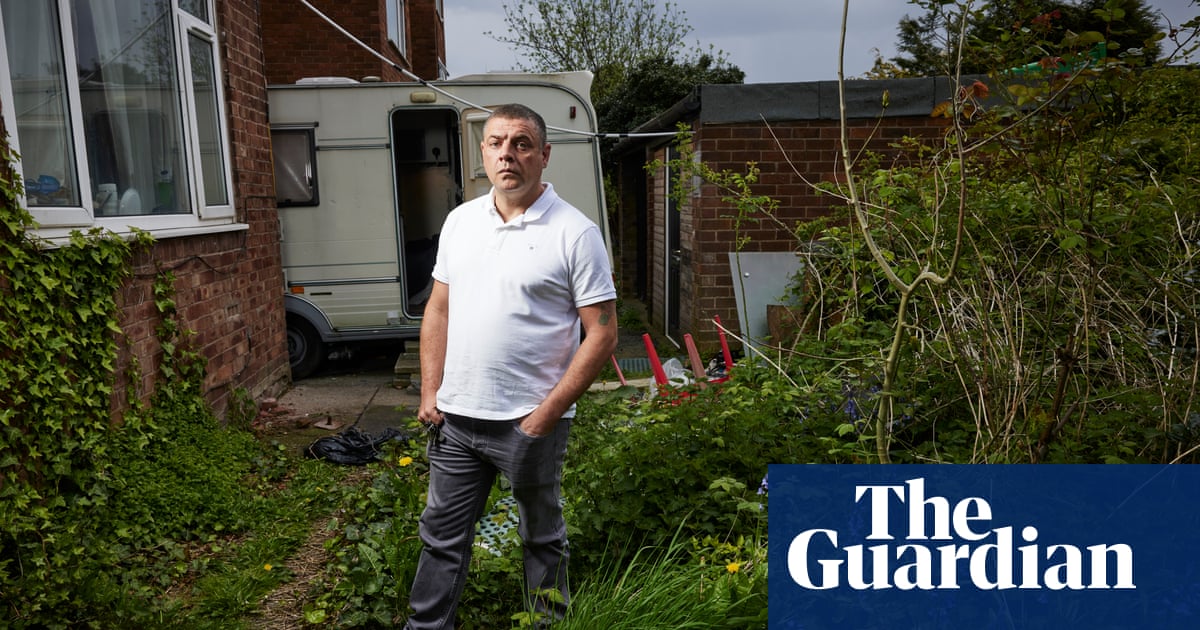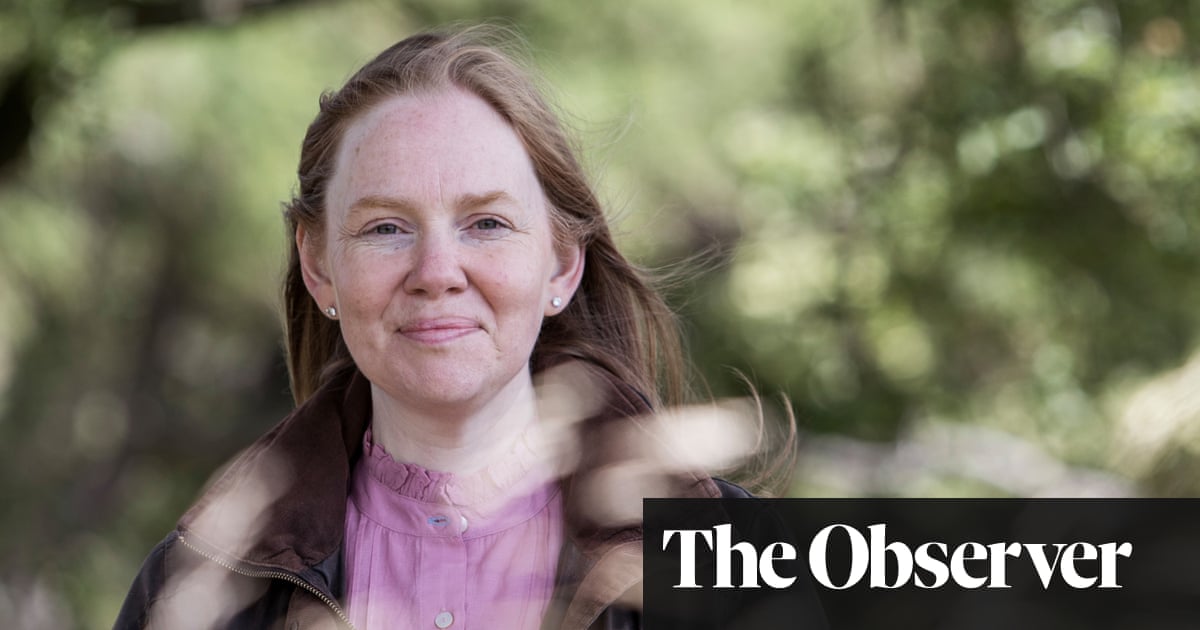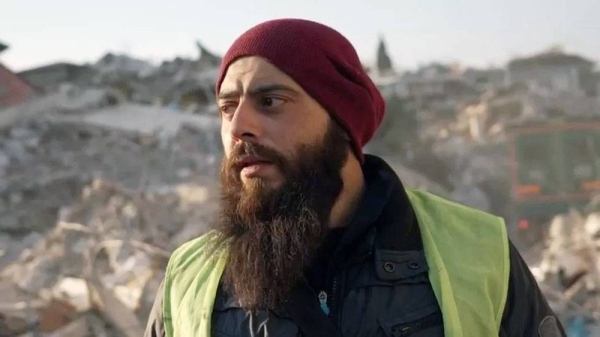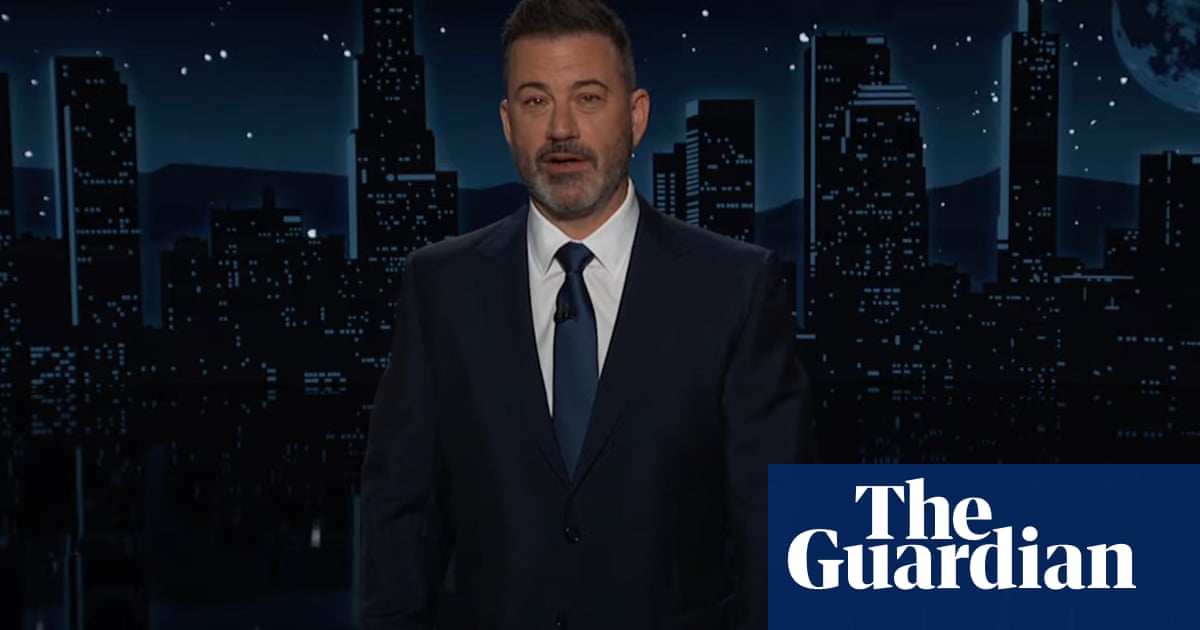
In a Lebanese hospital in 2015, Khaled Wakkaa watched as his wife Dalal grew weaker. She was emaciated and jaundiced. In the two years since they had fled the Syrian civil war, they’d lived on the brink, sleeping on the street or on friends’ floors. “Me and my wife had started to die,” he says. The hospital wanted $500 for medical bills. Wakkaa left her in the waiting room and went begging at mosques and churches. Nobody would help.
Some friends posted about his situation on Facebook. Fellow Syrian refugees in Beirut started calling. “I received phone calls from people who don’t have money,” he says. “But they wanted to help me.” They gave him everything they’d managed to scrounge together: $200. At first, the hospital refused to accept the smaller amount, but relented after much pleading, and Dalal was admitted.
Wakkaa weeps as he remembers – not about the uncaring hospital administrators, but at the way his fellow Syrians came through for him. They had next to nothing, yet gave it to a perfect stranger.
When Wakkaa and his wife were granted asylum in the UK in 2017, he remembered this moment – and all the other people who had made a difference. Midel, a charity worker, had given Wakkaa paid work in a refugee camp on the Lebanese border and helped him secure asylum in the UK. “She was the big door that opened in our life,” he says.
That is why, since arriving in Exeter in 2017, Wakkaa has spent all his time volunteering.
“I’ve nominated Khaled,” says Ruth O’Neale, who works with Wakkaa at a local food bank, “because he’s worked tirelessly for the community – cooking, running exercise classes and helping at the mosque. He’s a lovely man, and makes delicious Syrian coffee.”
Most Sundays, Wakkaa is out distributing home-cooked Syrian vegetarian meals to homeless people in the city centre. “I understand what it’s like to be hungry,” he says. “I had that same feeling with my family in Lebanon.” He also runs free exercise classes in the park – a woman from the group recently celebrated her 90th birthday.
Wakkaa and his wife fled Syria in 2013. “The government wanted me to fight with them,” he says, “and so did Isis. I didn’t want to spill blood. I asked them for a few days to think about things, and left.”
He was born in a village near Deir ez-Zur, on the banks of the Euphrates in eastern Syria. Wakkaa’s family lived in a bungalow amid fields not far from the river. There was a vegetable garden behind the house, and a saltwater stream. In springtime, everything was green. You could see the ancient river from the veranda. After Wakkaa left, Bashar al‑Assad’s forces bombed the village. Some people escaped by using tyres to float across the river, but he knows of a family of seven who drowned.
Wakkaa and Dalal fled to Lebanon carrying only a bag of clothes. Wakkaa worked in vineyards, as a builder and as a barber, but as more refugees came across the border, it became harder to find work. Eventually the pair ended up in a camp, where they were allocated a derelict house. They were grateful to have somewhere to sleep, even if it often flooded.
Four years ago, they were resettled by Unicef in the UK, and allocated a two-bedroom flat in Exeter. Officials asked Dalal what she needed. “Only a bed,” she replied. Their first two days, they just slept.
Wakkaa misses his family in Syria desperately. “People say, why are you a refugee here? Go back to your country. They don’t understand. It’s not our choice to come to this country.”
But now he is in the UK, Wakkaa is determined to contribute to the place that gave him refuge, and a home for his young daughters. “I came to improve your country,” he says, “Not to take money and sit at home all the time. It’s hard for me to get a job. But I am helping all the time to say thank you.”
Wakkaa is a good cook. His dream is to open a Syrian street food van, and one day a restaurant. He put together a plan for a startup loan, but it was rejected because of Covid. We spoke to the Nationwide Caterers Association (NCASS), which represents street food businesses across the country. It has given Wakkaa free membership, enabling him to complete the necessary food hygiene qualifications, and connected him with Alex Rogers of Street Dogs, a gourmet hotdog street food operation based in the south-west, for work experience and mentoring.
“It was really good,” says Wakkaa of his day with Street Dogs at the Eat:Wellington food festival in Somerset. He learned basic customer service, and how to manage the queue and handle orders. Later, NCASS will help Wakkaa get his business plan in shape. To better manage the financial side of the business, Wakkaa has also enrolled in a business management course.
“I nearly gave up before,” Wakkaa says, “because Brexit and Covid attacked my plan. Then you came to me and woke me up. This could be real again. I’m very excited to start.”












